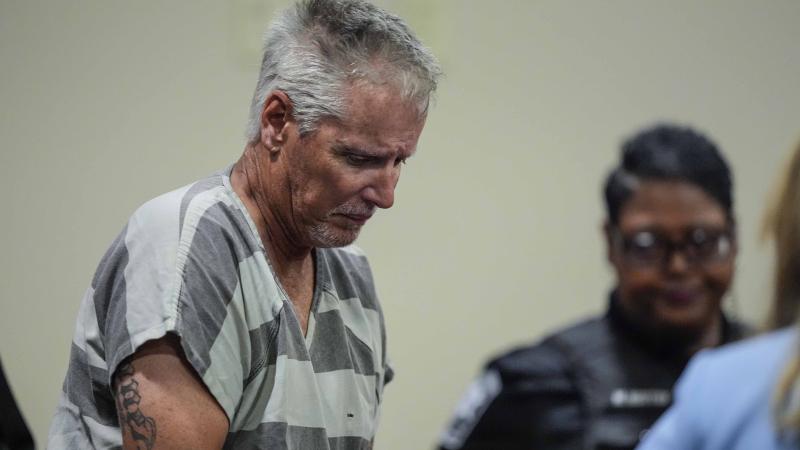New York Court of Appeals rejects GOP challenge to mail-in voting law
The state constitution “contains no language that explicitly requires in-person voting,” the court ruled.
The New York Court of Appeals upheld the state's mail-in voting law, rejecting a challenge from Republicans.
On Tuesday, the state's highest court ruled in a 6-1 decision that the lower courts were correct in finding that the no-excuse mail-in voting law is not in violation of the state constitution, The Associated Press reported. Republican challengers, including New York Rep. Elise Stefanik, claimed the law was contrary to the state constitution's mandate that most voters cast ballots in person.
The law, called the Early Mail Voter Act, took effect in January and was passed after New York voters rejected an expanded mail-in voting constitutional amendment proposal in 2021.
Chief Judge Rowan Wilson wrote in the majority opinion that the timing of the legislation was "troubling."
“The voters considered the proposition and voted against it,” Wilson wrote. “Having lost the question before the voters, the legislature then decided that no constitutional amendment was required and passed the Act. Upholding the Act in these circumstances may be seen by some as disregarding the will of those who voted in 2021.”
“But our role is to determine what our Constitution requires, even when the resulting analysis leads to a conclusion that appears, or is, unpopular,” he added.
The court said the state constitution “contains no language that explicitly requires in-person voting.”
“New York’s court system is so corrupt and disgraceful that today’s ruling has essentially declared that for over 150 years, New York’s elected officials, voters, and judges misunderstood their own state’s Constitution, and that in-person voting was never required outside the current legal absentee process,” Stefanik said in a statement Tuesday.
New York Gov. Kathy Hochul praised the decision.
“Generations of Americans fought to secure and protect the right to vote, and we have a responsibility to continue removing the barriers that persist today that prevent far too many people from exercising that right,” Hochul said in a statement.














